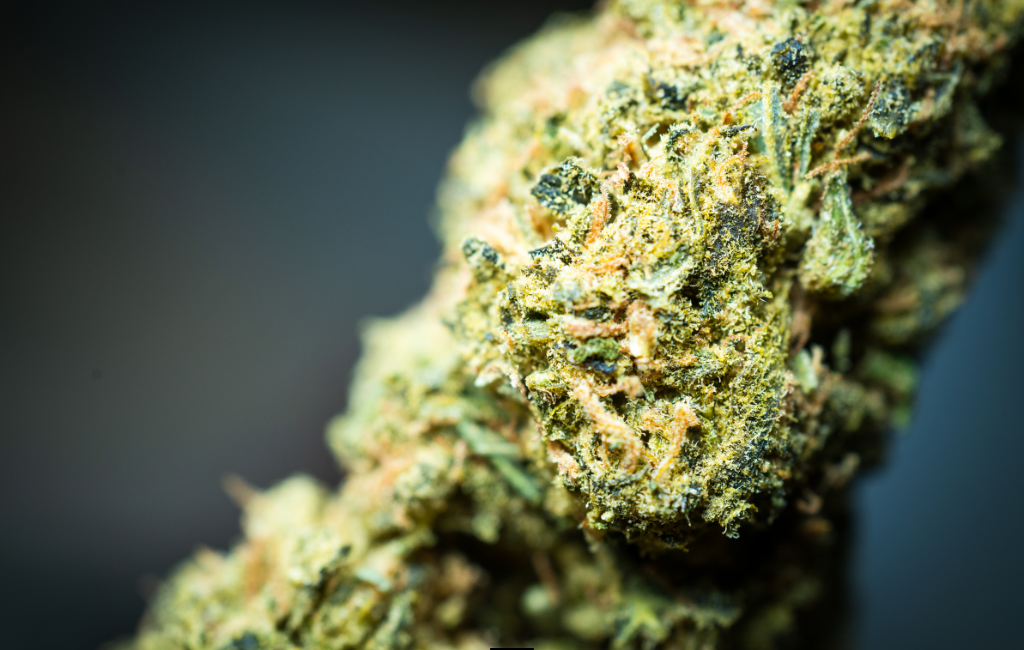THCA Flower: Exploring Therapeutic Benefits
THCA, or tetrahydrocannabinolic acid, is a non-psychoactive cannabinoid found in raw and live cannabis. Unlike THC, THCA does not produce a high, making it an attractive option for those seeking therapeutic benefits without the psychoactive effects. This article delves into the potential health benefits of THCA flower, supported by research, case studies, and statistics.
Understanding THCA
THCA is the acidic precursor to THC. When cannabis is heated through smoking, vaping, or cooking, THCA converts to THC, the compound responsible for the psychoactive effects. In its raw form, THCA offers a range of potential health benefits without the high.
How THCA Works
THCA interacts with the body’s endocannabinoid system (ECS), which plays a crucial role in maintaining homeostasis. The ECS consists of receptors, endocannabinoids, and enzymes that regulate various physiological processes, including pain, mood, appetite, and immune function. THCA binds to these receptors, potentially offering therapeutic effects.
Therapeutic Benefits of THCA Flower
Research and anecdotal evidence suggest that THCA may offer several health benefits. Here are some of the most promising areas:
Anti-Inflammatory Properties
Inflammation is a common underlying factor in many chronic conditions, such as arthritis, inflammatory bowel disease, and multiple sclerosis. Studies have shown that THCA has potent anti-inflammatory properties, which may help alleviate symptoms associated with these conditions.
- A 2011 study published in the British Journal of Pharmacology found that THCA reduced inflammation in animal models of colitis.
- Another study in 2013 demonstrated that THCA inhibited the production of pro-inflammatory cytokines in human immune cells.
Neuroprotective Effects
Neurodegenerative diseases, such as Alzheimer’s and Parkinson’s, are characterized by the progressive loss of neurons. THCA has shown potential as a neuroprotective agent, which may help slow the progression of these diseases.
- A 2012 study in the journal Phytomedicine found that THCA protected neurons from oxidative stress and inflammation in cell cultures.
- Research published in 2017 indicated that THCA improved motor function and reduced neuroinflammation in a mouse model of Parkinson’s disease.
Anti-Nausea and Appetite Stimulation
Nausea and loss of appetite are common side effects of chemotherapy and other medical treatments. THCA has been shown to have anti-nausea properties and may help stimulate appetite.
- A 2013 study in the British Journal of Pharmacology found that THCA reduced nausea and vomiting in animal models.
- Patients undergoing chemotherapy have reported improved appetite and reduced nausea when using THCA-rich cannabis products.
Pain Relief
Chronic pain affects millions of people worldwide and can significantly impact quality of life. THCA may offer pain relief without the psychoactive effects of THC.
- A 2011 study published in the Journal of Pain found that THCA reduced pain and inflammation in animal models of arthritis.
- Patients with chronic pain conditions, such as fibromyalgia and neuropathy, have reported relief when using THCA-rich cannabis products.
Case Studies and Real-World Examples
Several case studies and real-world examples highlight the potential benefits of THCA flower:
Case Study: Arthritis Relief
Jane, a 55-year-old woman with rheumatoid arthritis, experienced significant pain relief and improved mobility after incorporating THCA-rich cannabis into her treatment regimen. She reported reduced inflammation and fewer flare-ups, allowing her to engage in daily activities with less discomfort.
Case Study: Parkinson’s Disease
John, a 70-year-old man with Parkinson’s disease, found that THCA helped reduce his tremors and improve his motor function. He also reported better sleep and reduced anxiety, contributing to an overall improvement in his quality of life.
Statistics and Research Findings
Several studies and surveys provide valuable insights into the potential benefits of THCA:
- A 2018 survey conducted by the Brightfield Group found that 42% of medical cannabis users reported using THCA-rich products for pain relief.
- Research published in the Journal of Clinical Investigation in 2019 indicated that THCA has anti-inflammatory and neuroprotective properties, supporting its potential use in treating chronic conditions.
Conclusion
THCA flower offers a range of potential therapeutic benefits, from anti-inflammatory and neuroprotective effects to pain relief and appetite stimulation. While more research is needed to fully understand its mechanisms and efficacy, existing studies and anecdotal evidence suggest that THCA may be a valuable addition to the arsenal of natural remedies for various health conditions. As interest in cannabis-based therapies continues to grow, THCA is likely to play an increasingly important role in the future of medicine.
